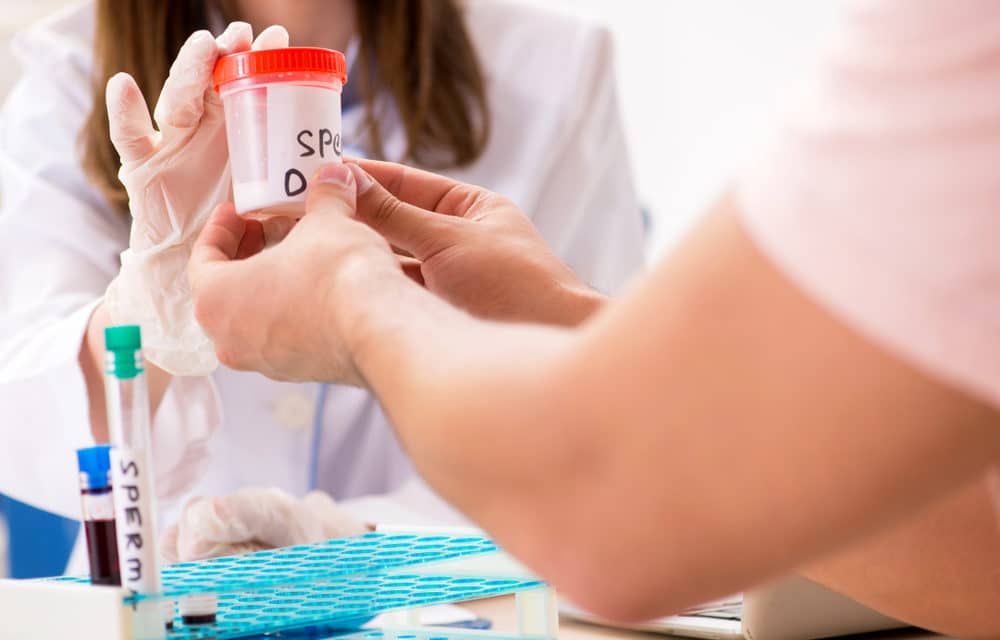A Comprehensive Overview of Sperm Donor Services
Sperm donor services are designed to help individuals and couples achieve pregnancy using donated sperm. These services typically involve selecting qualified donors, performing detailed health and genetic screenings, and preserving sperm in regulated environments. Many people turn to donor sperm due to infertility, single parenthood by choice, or same-sex parenting plans.
Sperm banks follow strict protocols to ensure the safety and effectiveness of the process. Donors must meet certain standards before their sperm is accepted and stored. A clear understanding of these procedures can help recipients make confident, informed choices.
Donor Eligibility and Screening Procedures
Prospective sperm donors must meet specific eligibility requirements through a series of evaluations. These assessments usually include detailed personal and family medical history, genetic analysis, and testing for infectious diseases to guarantee that the donor sperm is safe for use.
Other considerations—such as the donor’s age, lifestyle habits, and reproductive history—also influence approval. These comprehensive checks aim to protect both the donor’s health and the well-being of any potential child, giving recipients peace of mind when choosing a donor.
Understanding the Financial Side of Sperm Donation
Engaging with sperm donor services often comes with associated expenses. These may include initial medical evaluations, storage and handling fees, and the cost of fertility treatments themselves. The total cost can differ widely depending on the provider, location, and the services involved.
Before committing, it’s important to research pricing structures and explore financial support options, such as insurance coverage or payment plans. Doing so can help recipients manage the financial commitment more effectively.
Legal Matters in Sperm Donation
Sperm donation is subject to legal regulations that vary by region and country. These laws cover important topics such as anonymity agreements, legal parenthood, and the permitted use of donor sperm. Legal clarity is essential to avoid misunderstandings or future disputes.
Anyone participating in sperm donation—donors or recipients—should seek legal counsel or consult professionals familiar with reproductive law to ensure their rights and responsibilities are fully understood and protected.
Choosing Between Anonymous and Open-Identity Donation
Donors may choose to remain anonymous or allow future identification. Anonymous donation keeps the donor’s identity confidential, while open-identity donation permits offspring to contact or learn basic information about the donor once they reach adulthood.
This choice significantly impacts the future for both donors and recipient families. Weighing the emotional, ethical, and legal implications of each option is essential before making a final decision.
Preserving Donor Sperm: How It Works
Donated sperm is stored using cryopreservation techniques that keep it viable for years. These procedures freeze sperm in liquid nitrogen under strict environmental controls to ensure it remains suitable for future fertility treatments.
Storage facilities follow precise protocols and regularly monitor the conditions to preserve the quality and integrity of donor samples. Understanding this process can help recipients feel reassured about long-term sperm viability.
Prioritizing Health and Safety Standards
Top sperm donor services implement rigorous health and safety guidelines to protect all parties. Regular testing, secure handling methods, and adherence to medical regulations reduce the risk of contamination and ensure that sperm is safely managed from collection to use.
These measures not only support clinical success but also build trust among users of sperm donor services by ensuring biological materials are treated with the highest care.
Psychological and Emotional Considerations
Beyond the medical and logistical aspects, sperm donation also involves emotional and psychological dimensions. Donors may experience complex feelings about potential offspring, while recipients might face questions around disclosure, identity, and future conversations with children.
Many clinics recommend or offer counseling services to support donors and recipients through this journey. Addressing emotional concerns early on helps foster a healthier experience for everyone involved.
Donor Incentives and Rewards
Donors may receive compensation, comprehensive health evaluations, and the personal satisfaction of helping others create families. However, potential donors should consider the ethical, emotional, and legal responsibilities that come with the role.
Taking time to weigh these factors allows individuals to determine whether donating is the right decision for them, based on both motivation and long-term impact.
Choosing a Sperm Donor Provider: What to Look For
Selecting the right sperm donor service involves comparing multiple aspects, such as donor diversity, service reputation, medical standards, and legal assistance. Recipients often look for providers with robust screening methods and transparent procedures.
Doing research, reading reviews, and consulting medical professionals can help ensure the chosen provider aligns with the recipient’s fertility and family-building goals.
Innovations and Industry Developments
Advancements in reproductive technology are constantly improving donor services. Innovations in cryopreservation, genetic screening, and digital donor databases help enhance success rates and create more personalized matches between donors and recipients.
Staying informed about these trends can help future parents take advantage of cutting-edge options in reproductive care.
Ethical Concerns and Responsible Practices
Ethical issues such as informed consent, donor offspring rights, and transparency are integral to sperm donation. Reputable providers follow ethical guidelines that protect all involved parties and foster accountability in the donation process.
Understanding these ethical standards is key to making respectful, informed choices about donor sperm use and family building.
Common Concerns and Frequently Asked Questions
People exploring sperm donation often have many questions—from how the process works to what happens after conception. Providers typically offer FAQ sections or consultations that cover these topics in depth.
Seeking answers to common questions can help clarify uncertainties and guide smoother, more confident decision-making.
Accessing Reliable Resources and Support Networks
Numerous clinics, support organizations, and online communities offer tools and information related to sperm donation. These resources help recipients and donors navigate the journey with better understanding, whether they need legal advice, counseling, or peer support.
Connecting with trusted sources ensures a more informed, supported, and emotionally grounded experience.

